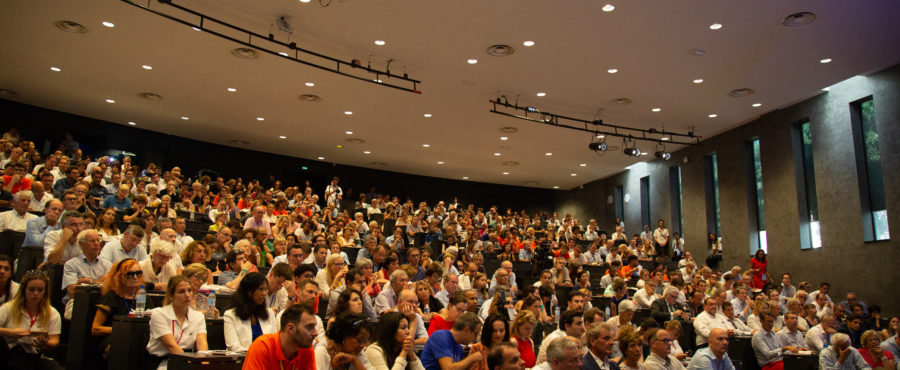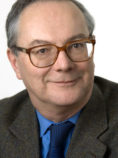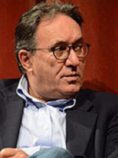5 Jul 2019
Should Politics Get Rid of Economics?
Session 7

Populations express their dissatisfaction almost everywhere in the world, be it through their votes or protests. In spite of cultural and regime diversity, this dissatisfaction mirrors the convergence of frustrations linked to economic constraints and political deficiencies everywhere. Faced with this double crisis of confidence, some accuse “economic constraints” of exerting excessive influence over political choices. They call for more political will, but the exercise of power inevitably faces tough economic realities.
This tension leads us to reflect on the complexity of mechanisms lying at the heart of societies which aim at combining market discipline and democratic aspirations. Each and every one is both an economic agent and a political subject. A harmonious society is based on the complementarity between those two spheres: the implementation of public policies must organise the economy to respond to the demands of society, thus enabling to renew our political covenant and make it more legitimate.
The current loss of confidence comes from the conflict between those two spheres: we are experiencing a divorce between the economic agent – frustrated and anxious – and the political subject – disenchanted and cynical. Remedies cannot be limited to a juxtaposition of “the best economic choices” and “a more vibrant democracy”. Instead, they must articulate the two. How can we better integrate the economic argument in anterior political struggles? How can we impose social justice imperatives in the constraining course of economic life?
Coordination
Moderator
Speakers

Jeanine MABUNDA LIOKO MUDIAYI
President of the National Assembly
Democratic Republic of the Congo
Biography






















































































